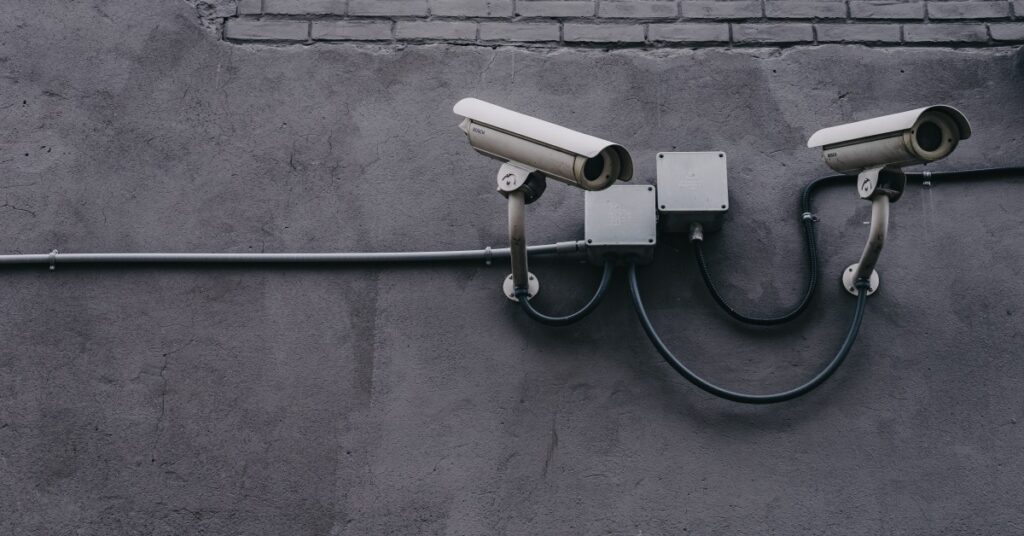
What Jobs Can You Get With a Master's in Homeland Security?
Homeland security involves more than patting down travelers whose metal [...]
Last month, the State University of New York-Buffalo Law School and the University of Iowa College of Law made headlines by declaring that they will no longer require the LSAT for law school applicants who meet particular criteria.
The LSAT — that last hurdle between you and law school and arguably the most important exam of your legal career — its days may be numbered, or so you would like to believe. Will it just be a matter of time before you can get into Yale with nothing but a pulse and an interest in law?
I am here to disappoint you. You still need to take the test.
First, let’s take a look at the language of the ruling by the American Bar Association, which allows schools to suspend the LSAT requirement in admitting a portion of their entering class:
“… a law school may admit no more than 10% of an entering class
without requiring the LSAT from students in an undergraduate program
of the same institution as the J.D. program; […] Applicants admitted
must have scored at the 85th percentile nationally, or above, on a
standardized college or graduate admissions test, specifically the
ACT, SAT, GRE, or GMAT; and must have ranked in the top 10% of their
undergraduate class through six semesters of academic work, or
achieved a cumulative GPA of 3.5 or above through six semesters of
academic work.”
The new standard is certainly looser than it was before; it allows a small percentage of applicants to be admitted without having taken the LSAT. Two schools have taken advantage of the new policy so far, though a few more may well follow suit. After all, enrollments are down 30 percent nationwide since 2010, and looser admissions standards hold the promise of expanding the rapidly shrinking pool of law school applicants. This, however, is hardly a game-changer for the vast majority of law school hopefuls.
| University and Program Name | Learn More |
|
The George Washington University:
Master of Studies in Law
|
It’s no secret that the schools most likely to take advantage of this new policy are those in need of attracting more students, at whatever cost. The admissions rates at both Iowa and SUNY-Buffalo are close to 50 percent. Such schools will soon realize, however, that dropping the LSAT requirement for students who are otherwise highly qualified won’t make much difference when it comes to attracting more students.
The median LSAT score for the most recent entering class at Iowa Law was 155; at SUNY-Buffalo it was 154. These are fairly average scores, placing the median entering student at either school in roughly the 60th percentile of all LSAT-takers nationwide. Beating these numbers is not a high bar to pass, especially for those students qualified to take advantage of the new policy. Remember, to be eligible to forego the LSAT at either of the law schools, a student must be someone who:
The very best students at SUNY-Buffalo and Iowa can probably at least meet, if not exceed, the LSAT medians for these schools without a problem. For such students, dropping the LSAT requirement is unlikely to make a big difference in their decision to take the test. If they are at the top of their class, it’s likely that they are considering more prestigious law schools that continue to require the LSAT anyway.
The ABA’s new policy has little bearing on most, if not all, prospective law school candidates. While it may attract some students who are considering alternative career paths, its utility is limited to only those students who meet the three eligibility criteria laid out in the association’s statement. Moreover, the obstacle removed is, for these students at least, not that big of a deal to begin with.
Indeed, the only way the ABA regulations could begin to shake up the current status quo is if several top law schools decide to drop the LSAT requirement for a portion of their incoming classes. The reason is that these schools set the LSAT score cutoffs exceptionally high (165+), so dropping this requirement would lift a heavy burden on applicants. Few prospective law students from top colleges would regard their own university’s law school as a “safety”; a Penn undergrad would probably be thrilled to attend Penn Law without having to take the LSAT — even if taking it and doing exceptionally well potentially opened up a few more doors. Given the statistically high predictive validity of the LSAT, however, and the imperative for top schools to assemble an exceptionally gifted class, I don’t see why any of them would ever go down that route.
_Use Noodle to search for law schools by average LSAT score, GPA, location, and more._
Questions or feedback? Email editor@noodle.com

Homeland security involves more than patting down travelers whose metal [...]

Master's in homeland security degree programs are relatively new; the [...]

Graduates of both criminal justice and homeland security advanced degree [...]

From criminal justice to policy and human rights, these fields [...]

From LSAT tips to can't-miss lectures from law school faculty, [...]
Categorized as: Law & Legal Studies, Criminal Justice & Legal Studies